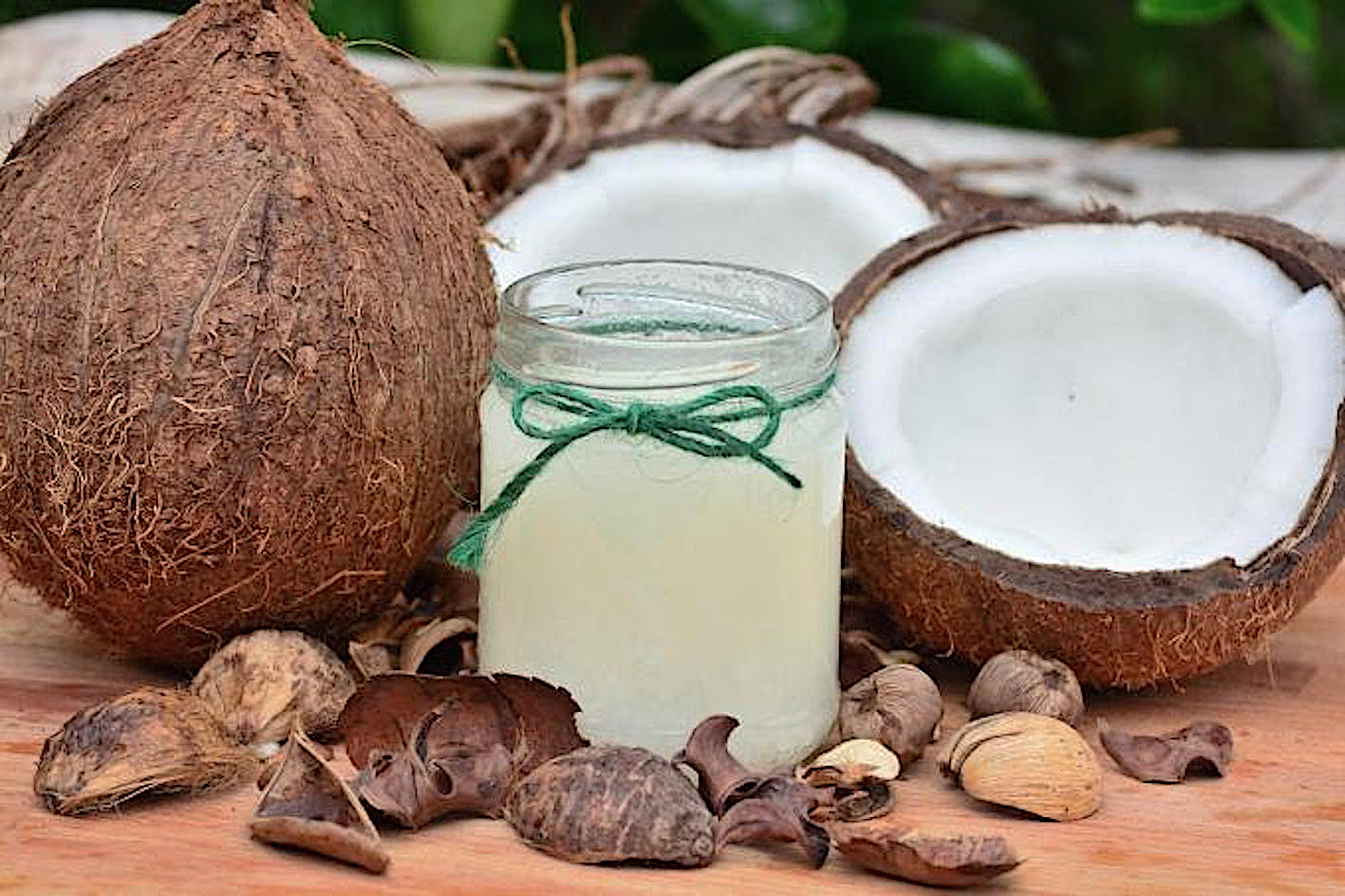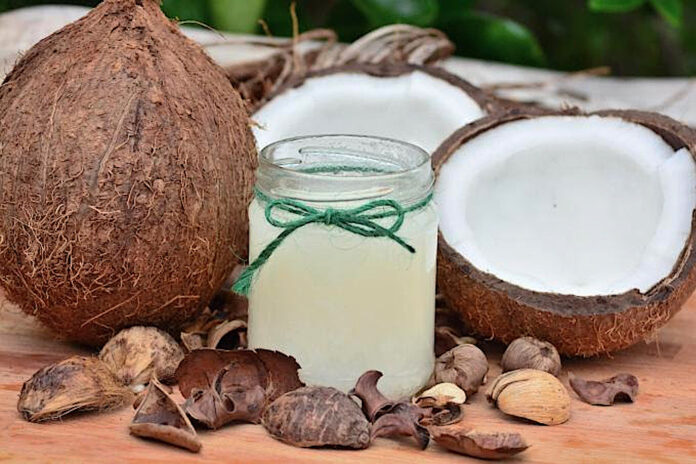
THE Department of Agriculture (DA) and the Philippine Coconut Authority (PCA) opposed a provision of a Senate bill aimed at eliminating trans fatty acids (TFA) in the market as it may hurt the country’s prized coconut oil (CNO).
DA and PCA officials as well as coconut industry experts expressed apprehensions over a certain provision of Senate Bills 1916 and 1954 which they pointed out could discourage consumption of CNO.
The two Senate bills seek to “protect Filipinos from the harmful effects of trans fatty acid and for other purposes.”
The proposed legislation aims to prohibit the manufacture, importation, distribution and sale of partially hydrogenated oils (PHO), and oils and fats with high TFA content, which increase the risk of death from any cause, particularly coronary heart diseases.
SB 1916 was filed by Senator Maria Lourdes Nancy S. Binay while SB 1954 was filed by Senator Francis N. Pangilinan.
The concerned government officials and stakeholders, in opposing the bill, zeroed in on the bill’s definition of “healthy alternative oils, fats and oilseeds.”
The two bills define the healthy alternatives to TFAs as “oil, fats and oilseeds rich in polyunsaturated fatty-acids or monounsaturated fatty-acids and with low levels of saturated fatty-acids. (SFA).”
The definition did not make any direct mention of CNO but PCA Administrator Benjamin Madrigal, Agriculture Undersecretary Evelyn G. Laviña and Dr. Fabian M. Dayrit pointed out that it subtly impacts CNO, which is high in SFA.
“We like to manifest our serious concern as there seems to be an erroneous enumeration of healthy alternative oils when the bills state that the same consists of those with low levels of saturated fatty acids,” Madrigal said.
Madrigal said their agency recommends that lawmakers “remove the phrase ‘with low levels of saturated fatty acids’ since the presence of saturated fatty acids do not equate to presence of TFA since these are two distinct types of fatty acids.”
Madrigal explained that naturally occurring trans fats, such as coconut oil, are “perfectly safe and healthy for humans, in contrast to industrially produced trans fats.”
Madrigal added that they have already made their manifestations before the United Nations’ Food and Agriculture Organization (FAO) and International Coconut Community regarding their health advisories that could be detrimental to CNO.
“We have placed our concerns for them to ensure to have a balance and evidence-based health advisories and reporting to ensure the public of healthy alternatives, and for them to know the risks as well as benefits of consuming products with known SFA,” he said.
CNO is high in SFA, with 64 percent of which being medium-chain triglyceride, a source of energy which has zero cholesterol.
Madrigal said studies have shown that CNO has a wide range of benefits such as lowering bad cholesterol in the body, has anti-obesity properties, is an antioxidant, and has anti-inflammatory and HIV-preventive features, among others.
Immune booster
Furthermore, a joint clinical study by the government has shown that virgin CNO can boost immune systems to combat the Covid-19.
Laviña reinforced Madrigal’s position on the issue and recommended that the definition of healthy alternative in the proposed legislation be changed to a definition that would help promote the use of CNO.
Imagine Law project manager Maan Sto. Domingo explained that the definition of healthy alternatives lodged in the two Senate bills was introduced by the World Health Organization (WHO) as part of its REPLACE action package to eliminate industrially-produced TFAs.
Sto. Domingo proposed that the type of healthy alternative oil could be determined by the government later on in the crafting of the implementing rules and regulations (IRR) should the bills be passed into a law.
But for Dayrit, the definition of healthy alternatives as promulgated by the WHO is aimed at promoting polyunsaturated fats and tailored fats, which are produced by western oil manufacturers, such as canola oil and corn oil.
“They are really targeting coco oil. What they are promoting [are] polyunsaturated fats and tailored fats which are synthetic fats. The campaign against coconut oil has been a long-standing campaign since the 1980s,” Dayrit said.
Nonetheless, the PCA, the DA, Dayrit, Sto. Domingo and even DOH representatives supported the bill’s intention to eliminate TFAs in the market to curb the risks they pose to human health.
Representatives from the DOH and the Philippine Society of Nutritionist-Dietitians Inc. threw their support behind CNO as an alternative to TFAs given its various health benefits.
Senate Committee on Trade, Commerce and Entrepreneurship Chairman Sen. Koko Pimentel said he will talk to the two authors of the bills regarding the stakeholders’ suggestions raised during the hearing.
If the authors are amenable to the proposals, then the bill will be amended and a technical working group will be formed afterwards. But if the two authors would not agree
to the proposed changes then he will call for another committee hearing, Pimentel said.
“Let us remain focused on the objective of the law, which is the fight against TFA. We need to eliminate any language in the law that can be used, or mandate or directive, in discouraging the use of CNO or any other oil. That’s not the purpose of the law—not to promote an alternative oil—but to focus on TFA and get rid of this once and for all,” Pimentel pointed out.
“The definition of healthy alternatives is not essential to the law. The focus is the elimination of TFA in our food supply and other products,” Pimentel stressed.

